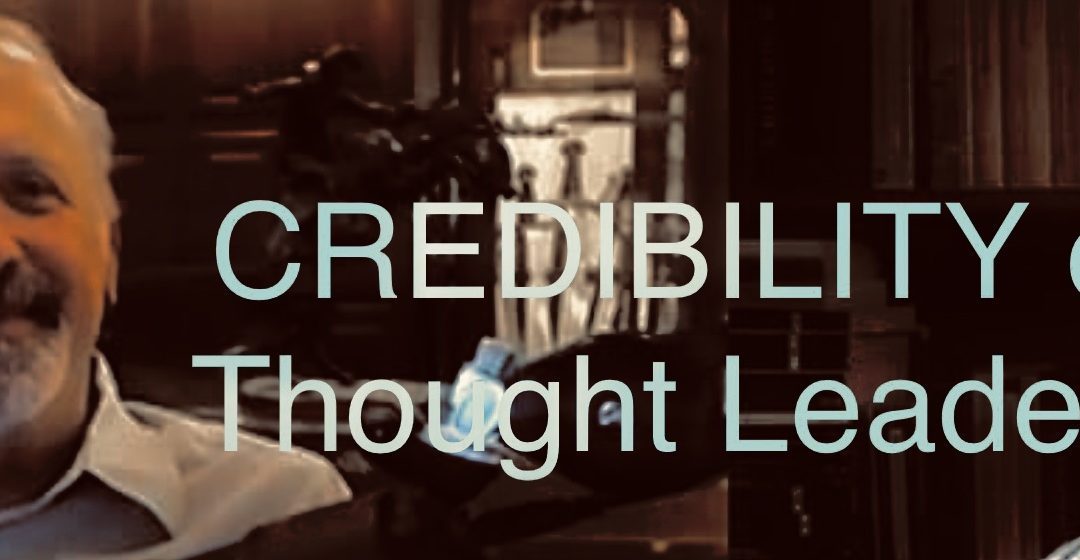
by Dr. Ed Brenegar | Feb 10, 2020 | Centralized Institutions, Circle of Impact, Community, Decentralized Networks, Ideas, Impact, Questions, Relationships, Structure, Transition, Uncategorized
We live in a world that is in transition.
One of the most significant transitions that we are experiencing is in the nature of leadership.
It used to be that leadership was reserved for the person who was the head of an organization. We knew who the leader was because he or she had a title that defined their role as the leader of the organization.
Since there are only a few leaders, it means everyone else is a follower.
The Relationship between Leaders and Followers is Changing
The relation between leading and following is in transition.
It once was true that great leaders had great followers. However, over time, as the world has changed, we are far more aware of what our leaders are really like. The issue for the follower is ‘Do I trust the leader?’. For leaders, the question is ‘Do I respect the follower?’

by Dr. Ed Brenegar | Jan 14, 2020 | Circle of Impact, Ideas, Impact, Transition, Uncategorized
Mitchell Levy has a great project ongoing.
He is seeking to understand what is the nature of credibility of people who are thought leaders.
I was honored to be interviewed by him
Here is the Thought Leader: Credibility website. Check out the other interviews at https://www.thoughtleaderlife.com/
Now, enjoy our conversation. Thanks very much, Mitchell.

by Dr. Ed Brenegar | Jan 6, 2020 | Book, Circle of Impact, Conversations, Ideas, Impact, Questions, Relationships, Transition, Uncategorized
Transition is a central experience of all of our lives. It is also one of the most misunderstood. We know that we proceed through our lives as a succession of days, weeks, months and years. For many of us, we see this only as a process of aging. We grow older. Our...

by Dr. Ed Brenegar | Dec 24, 2019 | Book, Circle of Impact, Community, Ideas, Impact, Relationships, Structure, Transition, Uncategorized
Failure is a way of life for many people. They try hard to succeed. But for some reason they never do.
Is their problem one of execution, of planning, of expectation, of personality or timing? Or is it a combination of all of them?
I’ve thought a lot about this over the years. In addition to the above, other factors play into what constitutes success.
There is the question of focus, of application of talent to real needs, of competence in performance, of commitment for preparation and for follow-through. Then there is the question of self-confidence.
See, all those conditions factor into success and failure. Yet, all those could be at the top-of-their-game, and still, success eludes us. The question is whether our conception of success is sufficient for the world we live in. I am increasingly convinced that we must look more deeply into these factors in order to define impact as the measure of success.

by Dr. Ed Brenegar | Dec 14, 2019 | Book, Circle of Impact, Ideas, Impact, persistent, Relationships, residual culture, Structure, Uncategorized
Every organization has a culture. It may be a culture of competitiveness or fear. Cultures that pit people against one another are not well-positioned to address the challenges of living in the midst of transition. Most of these organizations are starved for leadership. For leadership is not simply what the senior executives may do. Rather, leadership is how people function within the context of their work. This means that the culture of the company is not a corporate initiative passed down to employees. It is rather how the company functions as a network of relationships.
Since the publication of my book, I have come to speak of these relationships as “a persistent, residual culture of values.” The values persist because they reside in the relationships of the people of the organization. As I commented to a woman who works in a company that is struggling in the midst of its own transition, “A company is not defined by its tragedies, but by the persistent, residual culture of the network of relationships that exists within the company.” To have this kind of culture requires creating a culture for leadership.
This is the fourth of four posts of excerpts from my book, Circle of Impact: Taking Personal Initiative To Ignite Change. These posts are about the transition that I see taking place within organizations in particular, and global society in general. If you or your business is in transition, you may find that many of the ideas and tactics that you used to manage change are no longer effective. You need not only a different perspective but new tools for living in the midst of a global transition of unprecedented proportions.

by Dr. Ed Brenegar | Dec 8, 2019 | Book, Circle of Impact, Ideas, Impact, Relationships, Structure, Transition, Uncategorized
The choice is increasingly clear. In the future, we will either be subjects of change or creators of it. To thrive in a world in transition requires the capacity to see beyond what has become comfortable and secure. We must see the opportunities that are ours through our potential for taking personal initiative.
A key to living in the midst of transition is listening for the signals of opportunities that come with change. Only by being aware of the obstacles and opportunities embedded in change, can we see how to create change that makes a difference that matters.
This is the third of four posts of excerpts from my book, Circle of Impact: Taking Personal Initiative To Ignite Change. These posts are about the transition that I see taking place within organizations in particular, and global society in general. If you or your business is in transition, you may find that many of the ideas and tactics that you used to manage change are no longer effective. You need not only a different perspective, but new tools for living in the midst of a global transition of unprecedented proportions.







